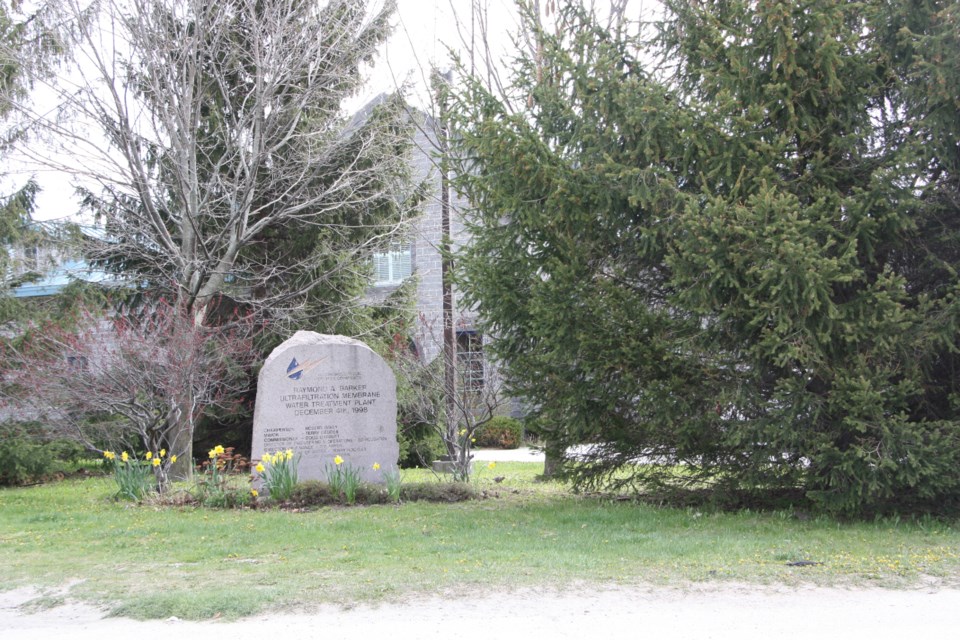While the initial decision to implement an interim control bylaw (ICBL) in Collingwood was made in April 2021, the ripples of that decision permeated into 2022, putting it high on the list of 2022 newsmakers for the second year in a row.
During a seven-hour meeting on April 26, 2021, council voted in favour of a one-year (minimum) moratorium on new construction due to concerns about water availability in Collingwood.
As a result, the town would no longer issue building permits for any construction that would require additional draw on the drinking water supply.
In May of that same year, Collingwood CAO Sonya Skinner admitted staff should and could have come to council about the water capacity issues sooner, but reiterated the moratorium was the only “viable” option for 2021.
At the time of the vote, the town indicated it was a one-year moratorium with the possibility of another year's extension while the town worked on new policies for allocating water to development.
Among those new policies is a three-part framework for allocating town services to new development as part of the application process.
One of those parts, the zoning bylaw amendment, will provide the town with an ultimate safeguard where building permits cannot be issued unless adequate availability of water and wastewater capacity is confirmed by the municipality.
Three appeals to the zoning bylaw amendment at the Ontario Land Tribunal put a halt on lifting the development freeze at the one-year mark in April 2022, although one of the appeals has since been dropped. The Planning Act dictates that the control bylaw (and therefore the development freeze) will continue to be in effect until the other appeals are handled.
To deal with development proposals in the meantime, staff and council created an exemption process to the ICBL, allowing developers to apply for a building permit and have their case reviewed by council.
Starting in 2021 and continuing into 2022, businesses and developers have come before council during two separate intakes asking for ICBL exemptions in May and August, as well as some one-off requests that required approval sooner to meet deadlines. Some business owners expressed concerns to councillors that the ICBL was preventing needed services from coming to Collingwood.
According to most recent estimates by town staff, the town has approximately 450 SDUs (single dwelling unit equivalents) of water capacity it can distribute annually from 2022 through 2024.
According to an update on the situation given to the development and operations standing committee on Dec. 12, town planning staff is looking at making amendments to its planning process when it comes to the allocation of water moving into 2023.
Staff are currently looking to extend the Short-Term ICBL Exemption Program until the appeals have been resolved. Moving forward, staff are also recommending that council annually set aside 20 SDUs for affordable housing projects.
Tentative dates for exemption requests for 2023 will be in February, to be decided upon in March, and in May, with decisions in June.
